One of the most important developments of the past decade has been the emergence of Asia as the most dynamic regions of the world with the rise of China and India a engines of growth, recovery of Japan from a decade old recession, and emergence of Asian middle class as source of final demand. This new found dynamism makes regionalism a viable trade and development strategy for Asia. Although functional integration in the region has increased as is evident from the high and growing proportion of intra-regional trade and investments, Asia has lagged behind other regions in exploitation of potential of Regional Trading Arrangements (RTAs). The lack of an effective broader regional arrangement has prevented Asia from exploiting some fruitful opportunities for regional cooperation and from exercising its influence in global economic governance commensurate with its rapidly growing economic weight. Recognizing the potential of regional cooperation over the past decade ASEAN has not only deepend the sub-regional cooperation between its 10 member states, but has also facilitated the cause of broader cooperation by holding plus one summits with major Asian countries. These countries are now building a complex web of free trade arrangements linking ASEAN and themselves. There is need for building on these sub-regional and bilateral attempts a broader regional framework to provide a seamless market facilitating exploitation of their synergies more effectively. An important initiative in the direction is the launch of the East Asia Summit (EAS) in December 2005 in Kuala Lumpur, Malaysia, as an annual forum bringing together ASEAN, Japan, China, India, South Korea, Australia and New Zealand. Against that backdrop, leading experts of the region in their contributions to this volume examine the case for broader regionalism in Asia, its potential, challenges, possible approaches and roadmaps. The book also discusses potential of cooperation in specific areas of trade and investment, money and finance, and energy security.
Asia’s New Regionalism and Global Role: Agenda for the East Asia Summit
In stock
Free & Quick Delivery Worldwide
reviews
Bibliographic information
Title
Asia’s New Regionalism and Global Role: Agenda for the East Asia Summit
Author
Edition
1st ed.
Publisher
ISBN
8171220983
Length
xii+274p., Tables; Figures.
Subjects

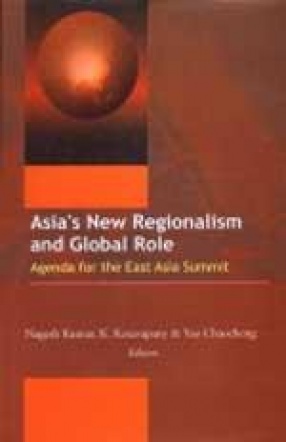
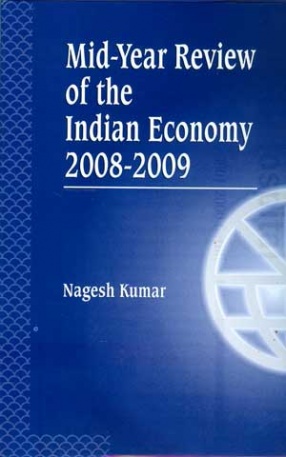
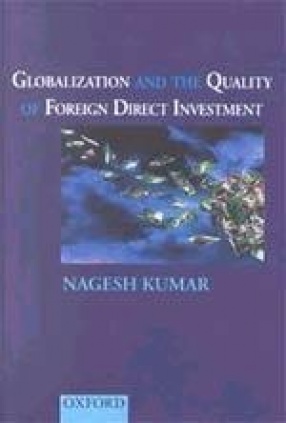


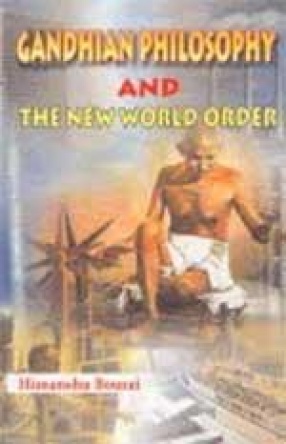
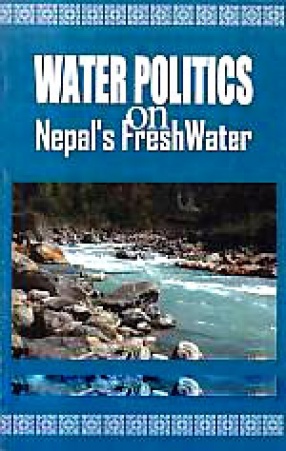
There are no reviews yet.